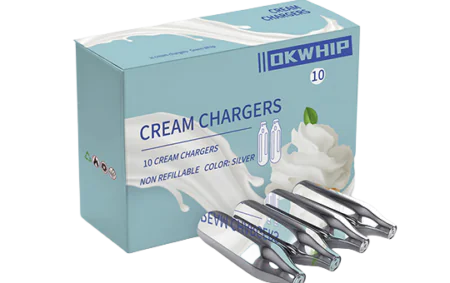Nitrous oxide, often known as laughing gas, can indeed impact the brain, and it’s vital to understand both the positive and potential negative effects. Let’s delve into what nitrous oxide does to your brain, why these effects occur, and how to address any concerns if they arise.
1. Positive Effects on the Brain:
Nitrous oxide has several positive effects on the brain, especially in medical and dental settings where it’s used as an anesthetic or sedative. These positive effects include:
A. Pain Relief: Nitrous oxide can provide effective pain relief during medical procedures, reducing discomfort and anxiety for patients.
B. Relaxation: Inhalation of nitrous oxide promotes a sense of relaxation and calmness, making medical procedures more tolerable for individuals.
C. Sedation: Nitrous oxide has sedative properties, helping patients feel at ease and comfortable during treatments.

2. Potential Negative Effects on the Brain:
While nitrous oxide is generally safe when used appropriately, prolonged or excessive exposure can lead to potential negative effects on the brain. These may include:
A. Oxygen Deprivation: Nitrous oxide can displace oxygen in the lungs when inhaled in high concentrations, leading to temporary oxygen deprivation. This can result in symptoms such as dizziness, confusion, or loss of consciousness.
B. Vitamin B12 Deficiency: Chronic use of nitrous oxide, especially outside medical supervision, can interfere with the body’s ability to absorb vitamin B12. Vitamin B12 deficiency can impact neurological function and lead to symptoms like numbness, tingling, or cognitive issues.
C. Neurotoxicity: Prolonged exposure to nitrous oxide, particularly in non-medical settings or at high doses, may have neurotoxic effects. This can affect neurotransmitter function and neural pathways, potentially contributing to cognitive impairments or neurological disorders.
3. Why These Effects Occur:
The negative effects of nitrous oxide on the brain primarily occur due to:
A. Oxygen Displacement: Inhaling nitrous oxide displaces oxygen in the lungs, leading to temporary decreases in oxygen levels. This can impact brain function and cause symptoms of oxygen deprivation.
B. Vitamin B12 Inhibition: Nitrous oxide interferes with the activity of enzymes involved in vitamin B12 metabolism, leading to reduced B12 absorption and potential deficiency over time.
C. Neurotransmitter Disruption: Prolonged exposure to nitrous oxide can disrupt neurotransmitter activity in the brain, affecting communication between neurons and neural pathways.
4. Addressing Potential Issues:
If concerns arise regarding the effects of nitrous oxide on the brain, several positive steps can be taken to address these issues:
A. Medical Supervision: Ensure that nitrous oxide is administered under medical supervision, especially in clinical settings where dosage and duration can be monitored.
B. Oxygen Monitoring: Use oxygen monitoring devices to track oxygen levels during nitrous oxide administration and ensure adequate oxygenation.
C. Limit Exposure: Limit exposure to nitrous oxide to recommended durations and dosages, avoiding prolonged or excessive inhalation.
D. Nutritional Support: Maintain a healthy diet rich in vitamin B12 and consider supplementation if there are concerns about B12 absorption due to nitrous oxide use.
E. Regular Check-ups: Schedule regular check-ups with healthcare providers to monitor overall health, including neurological function and vitamin levels.
5. Conclusion:
In conclusion, while nitrous oxide has positive effects on the brain when used appropriately, it’s essential to be aware of potential negative effects, such as oxygen deprivation, vitamin B12 deficiency, and neurotoxicity. Understanding why these effects occur and taking positive measures to address any concerns, such as medical supervision, oxygen monitoring, limiting exposure, nutritional support, and regular check-ups, can help ensure safe and beneficial use of nitrous oxide without compromising brain health.











